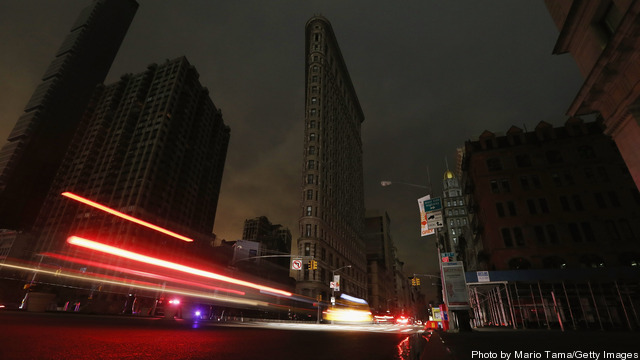
After Hurricane Sandy ravaged the Atlantic shoreline, my 88-year-old mother-in-law sat in her New Jersey home, unwilling to leave her things, for over a week with no electricity. Another friend of mine spent that same week waiting in gas lines to refill a generator and keep his brother’s small business going. These two examples don’t even include the truly unfortunate folks who completely lost their homes and businesses; they just lost their electric power.
There has been quite a bit of buzz about whether the “smart grid” and associated technologies and applications actually helped in the Sandy recovery efforts. They may have but I think we can do better. Keep reading →



